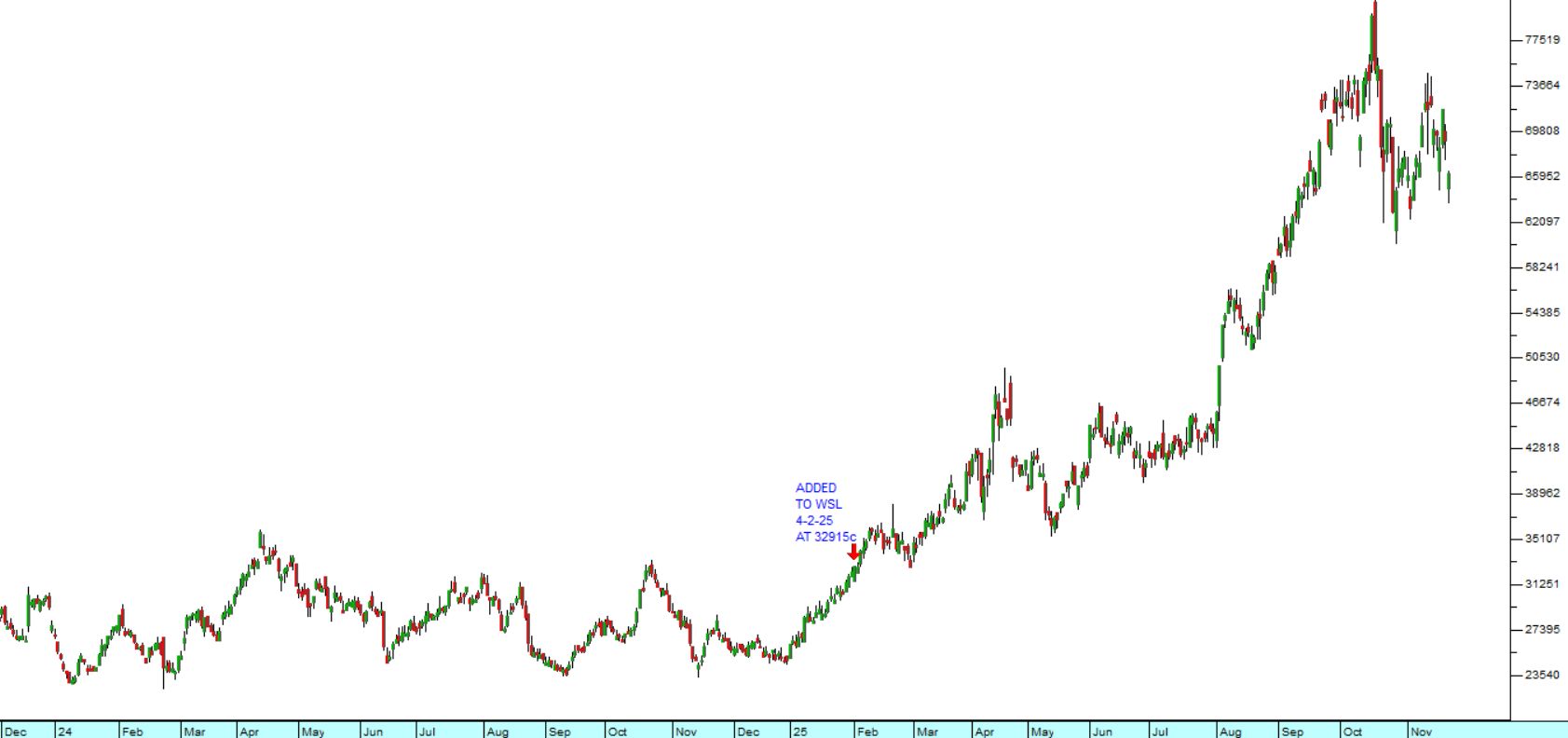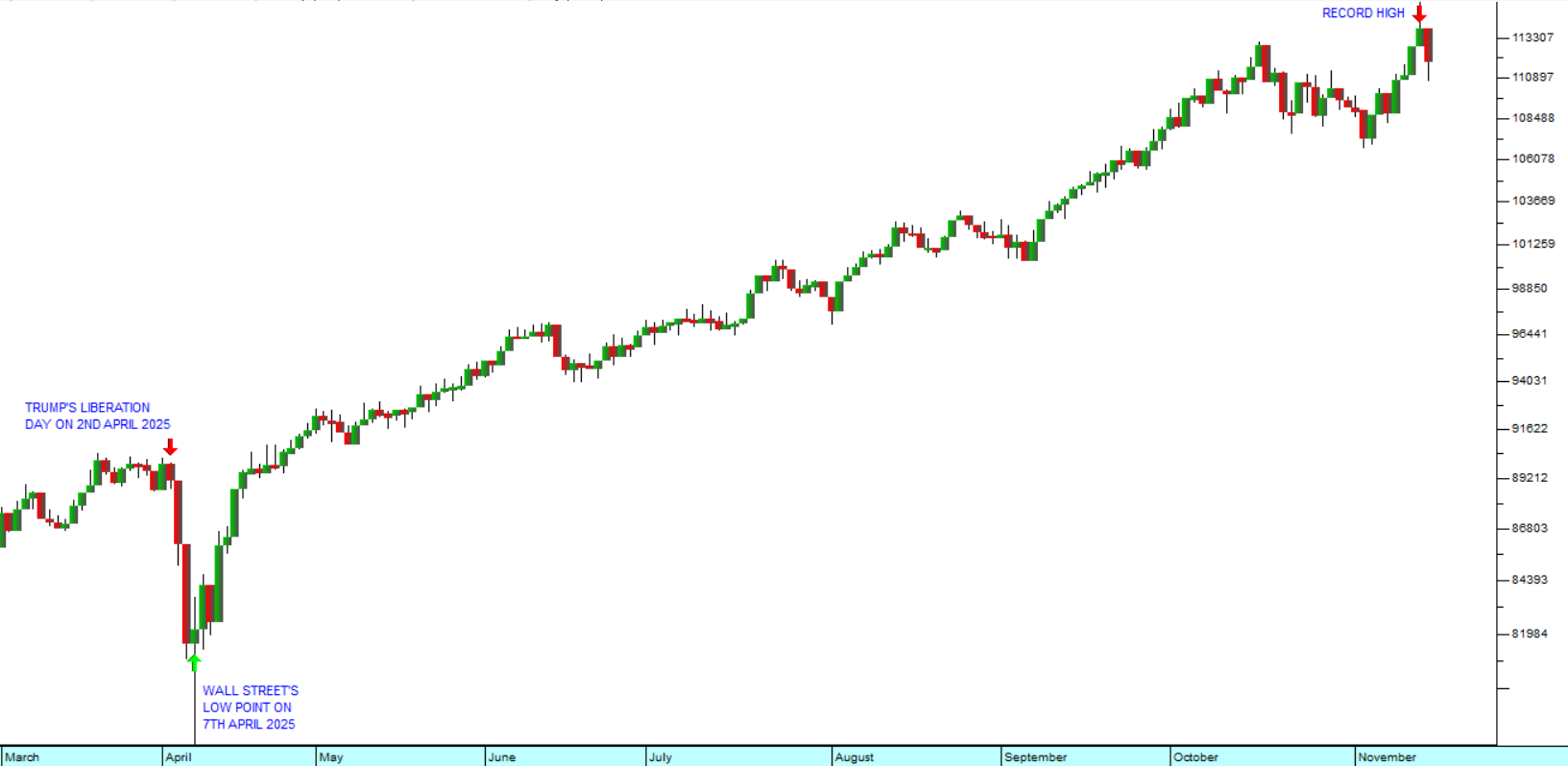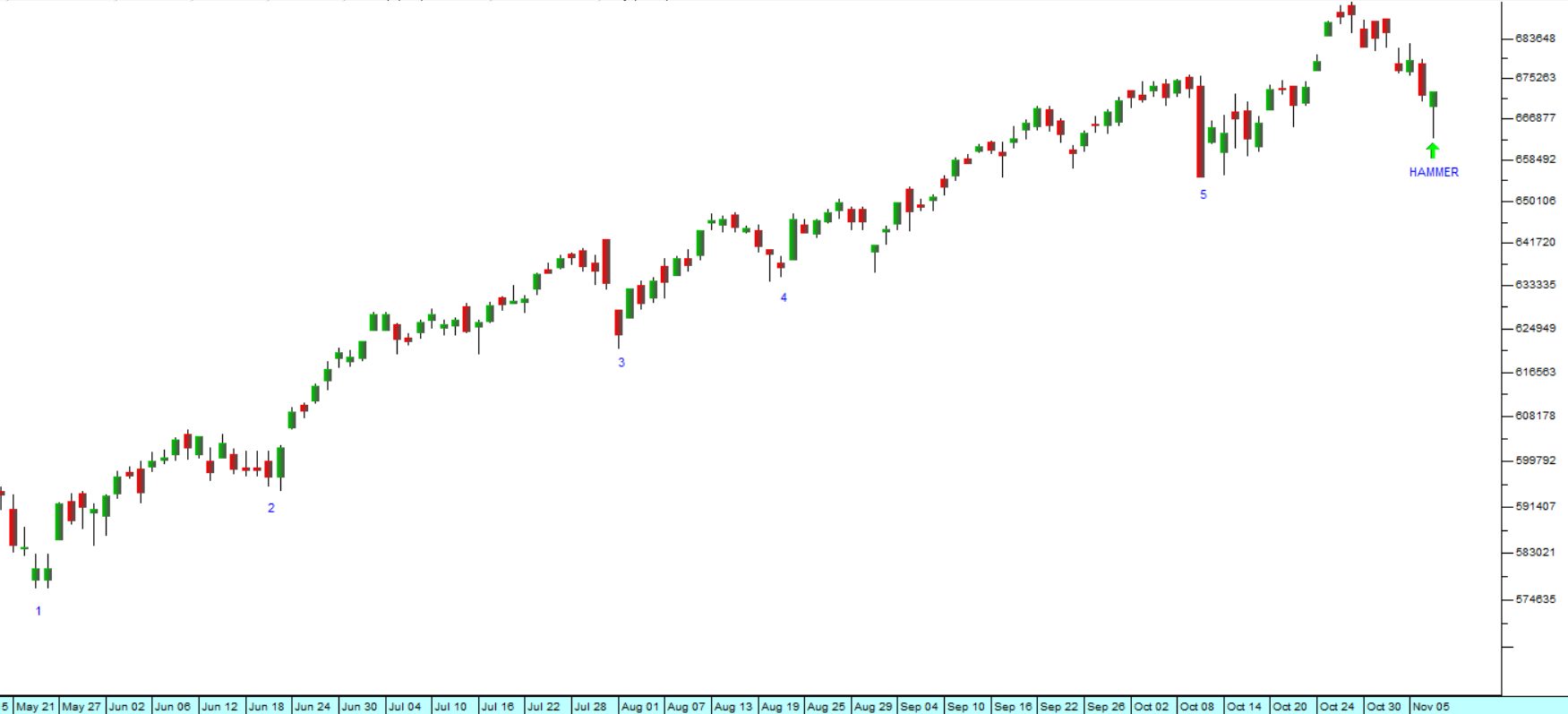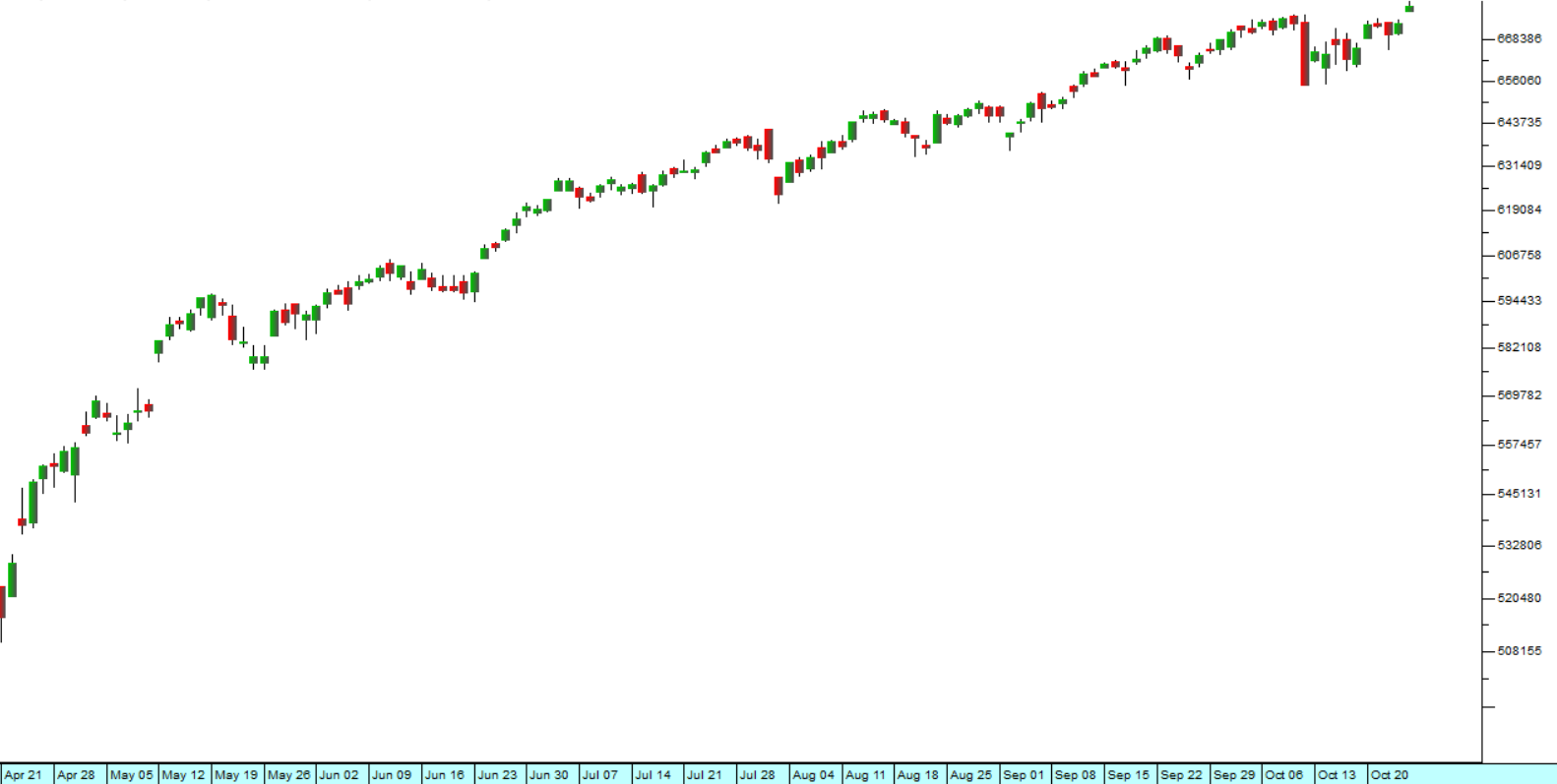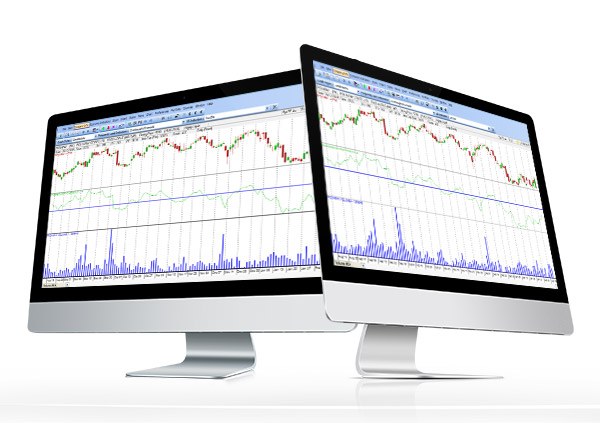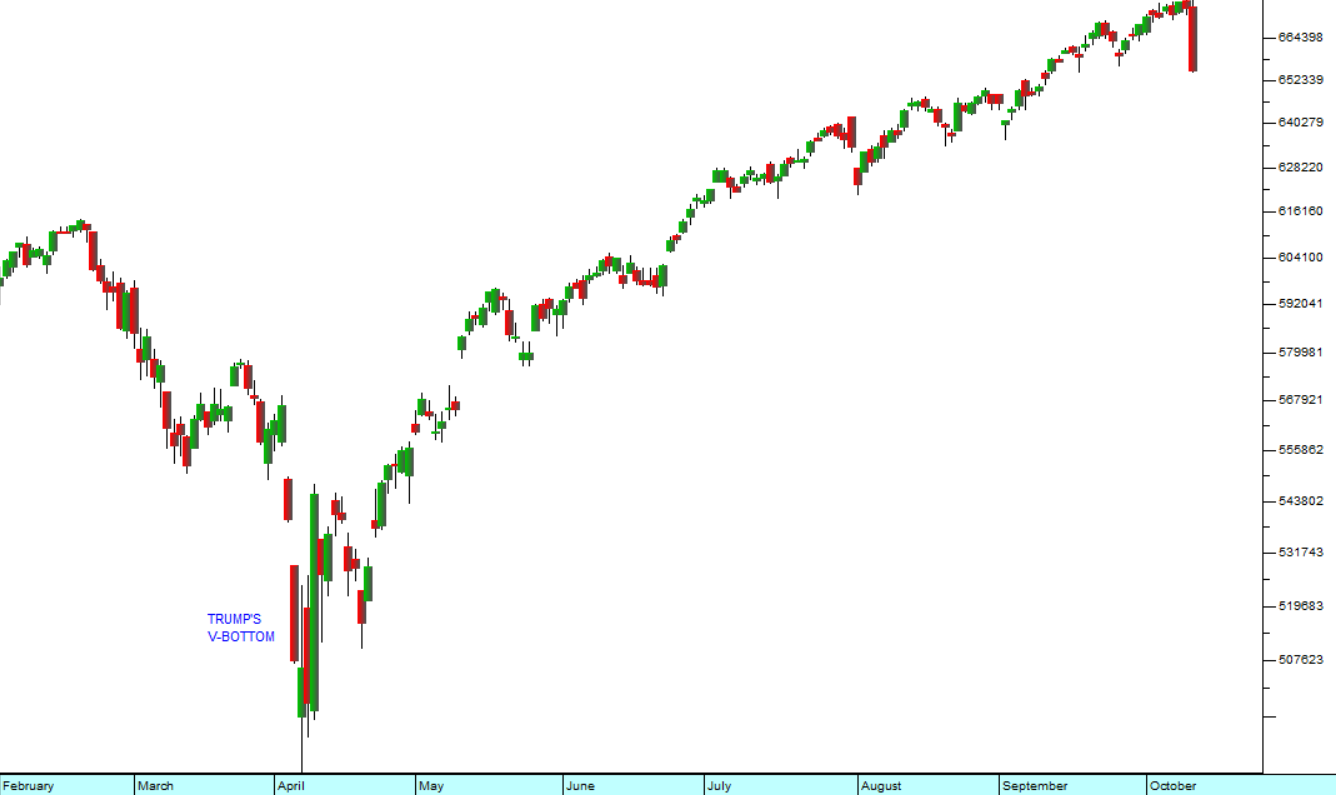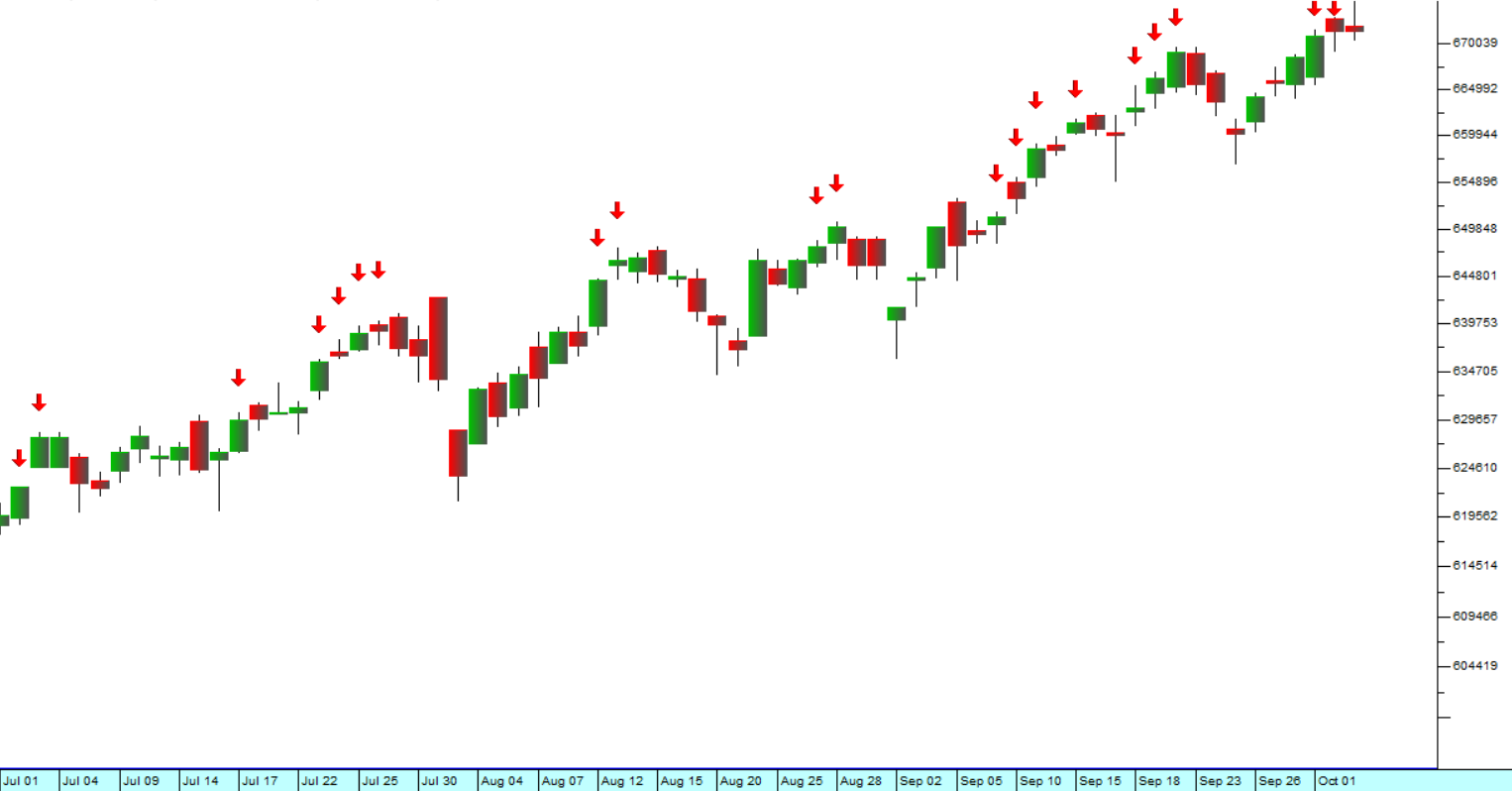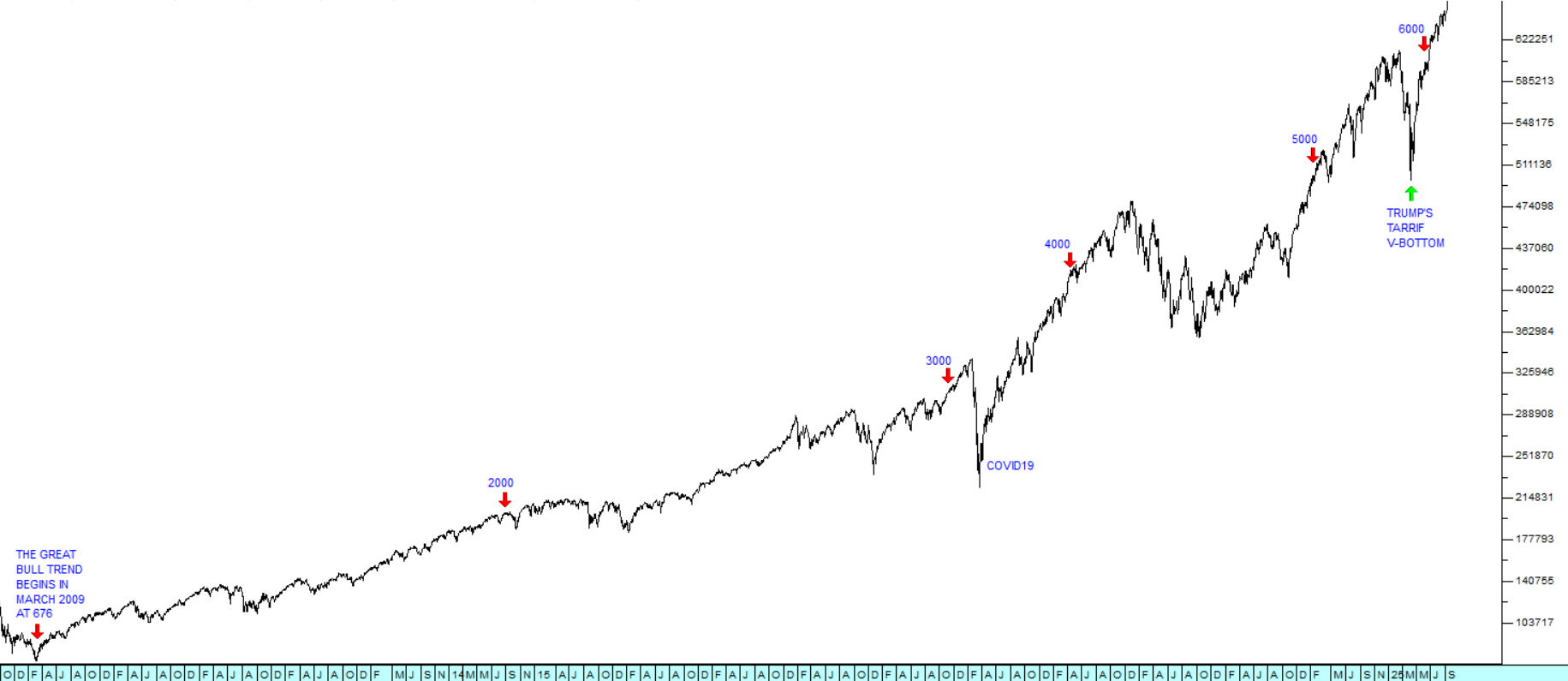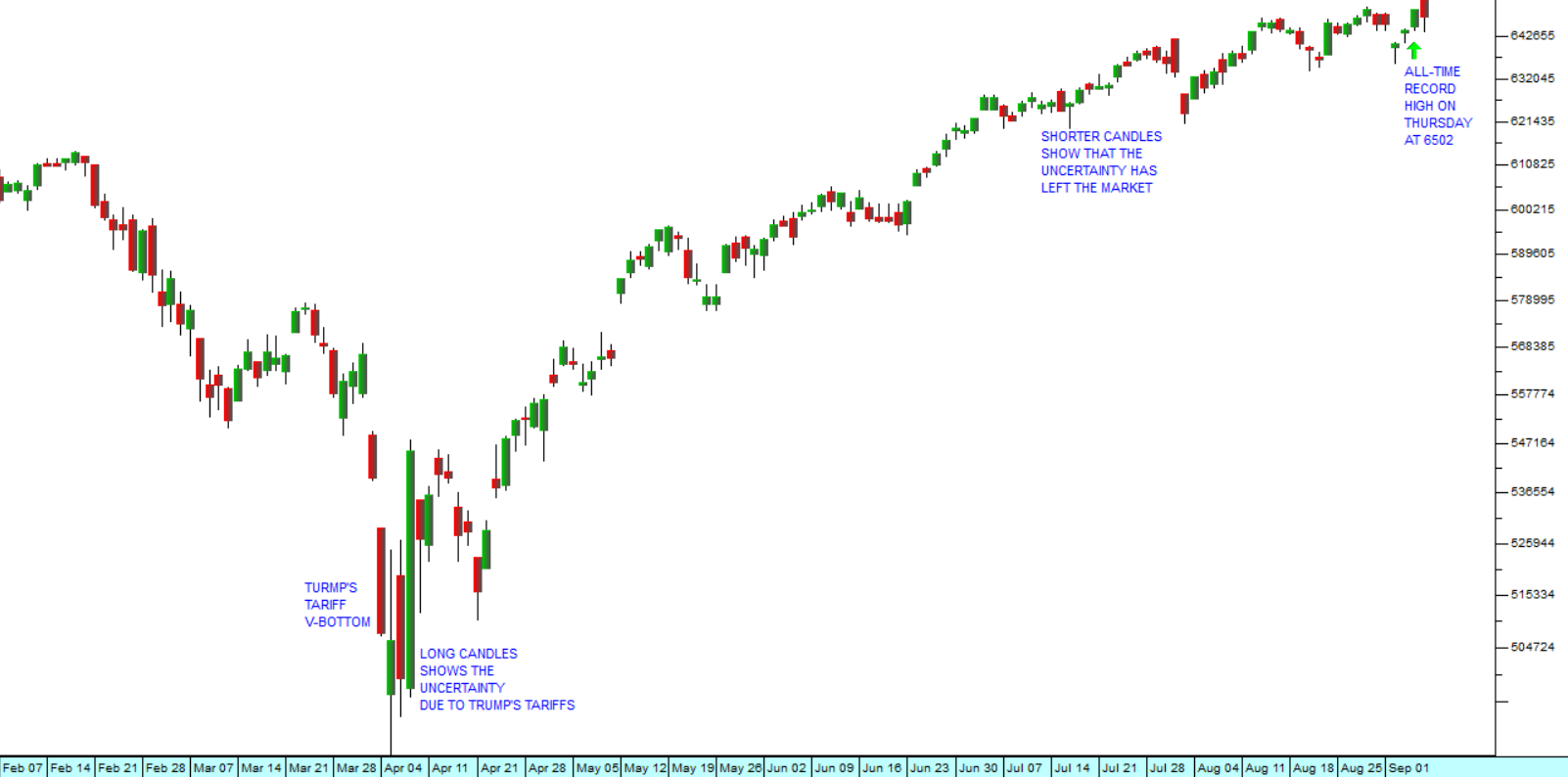WeBuyCars - Results
17 June 2025 By PDSNETThe financial results of companies show how profitable they are and give a good indication of their share’s risk and potential return. WeBuyCars (WBC) is a recent listing which came to the JSE on the 11th of April 2024. Unlike other listed motor vehicle companies, it is a company which specialises in the purchase and sale of used motor vehicles. This gives it the signal advantage of being able to monitor and control its profit margins.
In its latest results for the six months to the 31st of March 2025 the company reported that headline earnings were R508,2m – a 26,4% increase on the previous period. We have always believed that WBC would be a sought-after institutional share, and these excellent results have confirmed that.
So, WBC buys used cars and then sells them at a higher price making a good margin, even after the salesman’s commission. During the period they bought a total of 92338 vehicles which was 12,9% more than in the previous period and also sold 91392 vehicles up 13,5%. Obviously, a business like this has a considerable amount of cash tied up in the vehicles which are on its show-room floors, but that stock of vehicles is rapidly and profitably turned over all the time.
On 8th April 2024 we published an article on WBC in which we explained why we thought the share would do better than the other listed motor vehicle companies, CMH and Motus. We noted in that article WBC’s expected price:earnings ratio (P:E) was between 11 and 13. Notably, its P:E at the close of trade last Friday (13-6-25) was 21,87 and its market capitalisation has increased by over 150% to R21,4bn.
Because we were so positive about the prospects of this share, we added it to the Winning Shares List (WSL) as soon as we saw that the initial sell-off of shares, which is a normal part of a new listing, had ended. That happened on 3rd May 2024 when the share was trading for 2085. The share closed last Friday at 5121c – a gain of 145,6% in just over a year. Consider the chart:
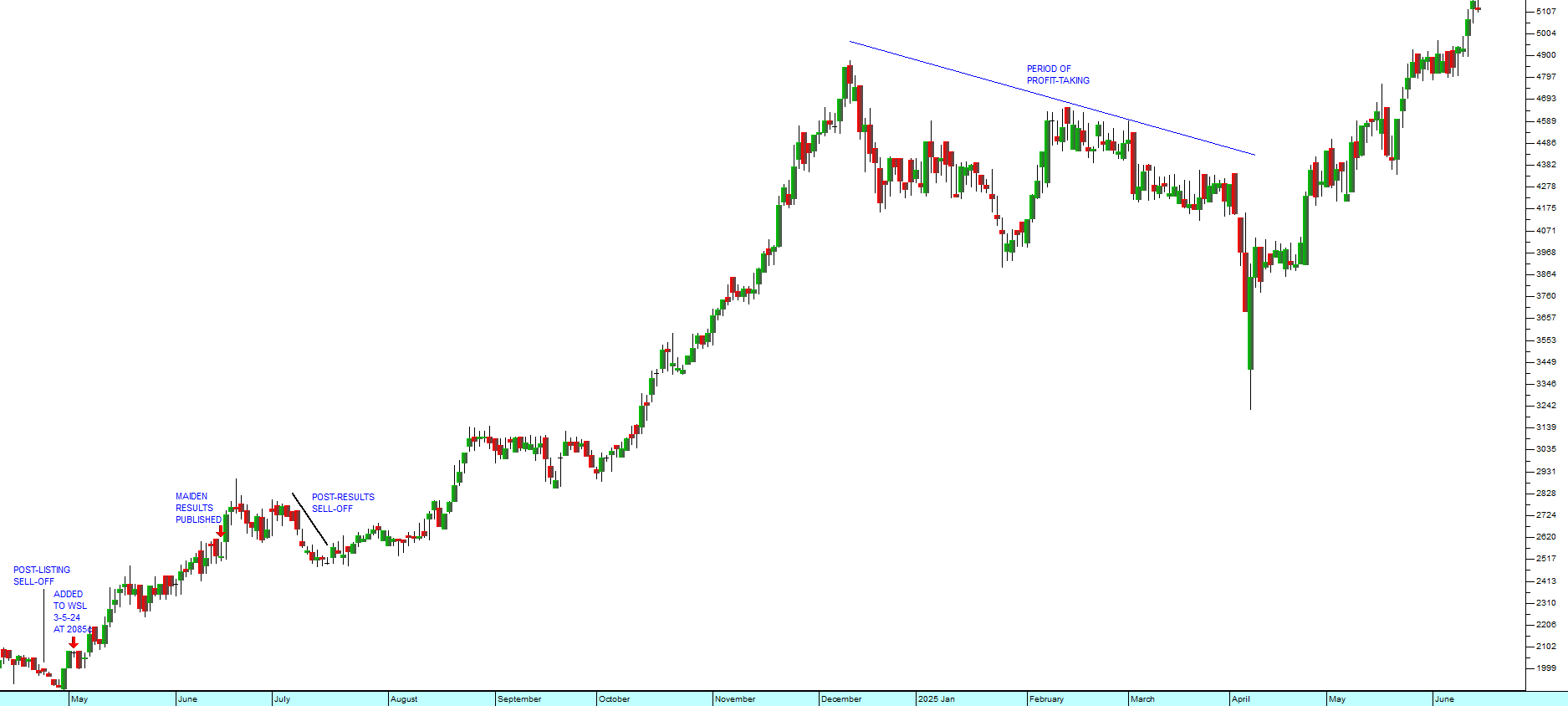
The chart shows the initial sell-off that occurred after the share was listed and the date on which we added it to the WSL. Then there was a further sell-off after its maiden results were published as some investors decided to take profits. The strong upward trend took the share to a peak of 4852c on 9th December 2024 at which time, it was trading on a P:E ratio of 52,91 – which was seen as excessive even given the company’s good prospects.
Because of this, some investors decided to take profits during the first four months of 2025 and the share drifted down. By April 2025, it was becoming more and more apparent to those investors who were doing their homework that the results for the six months to the 31st of March 2025 would be exceptional, so the share once more began to appreciate.
From an investor’s perspective, this company has a relatively low-risk profile with minimal working capital and a strong cash conversion rate. The company has R374,7m tied up in stock and a further R955,6m in property loans for the showrooms it has bought. Against this it has equity of R2,7m and its finance costs are R61,9m.
We continue to believe that this is a blue-chip share which will continue to perform well and should be bought on weakness as a long-term investment.
DISCLAIMER
All information and data contained within the PDSnet Articles is for informational purposes only. PDSnet makes no representations as to the accuracy, completeness, suitability, or validity, of any information, and shall not be liable for any errors, omissions, or any losses, injuries, or damages arising from its display or use. Information in the PDSnet Articles are based on the author’s opinion and experience and should not be considered professional financial investment advice. The ideas and strategies should never be used without first assessing your own personal and financial situation, or without consulting a financial professional. Thoughts and opinions will also change from time to time as more information is accumulated. PDSnet reserves the right to delete any comment or opinion for any reason.
Share this article:
